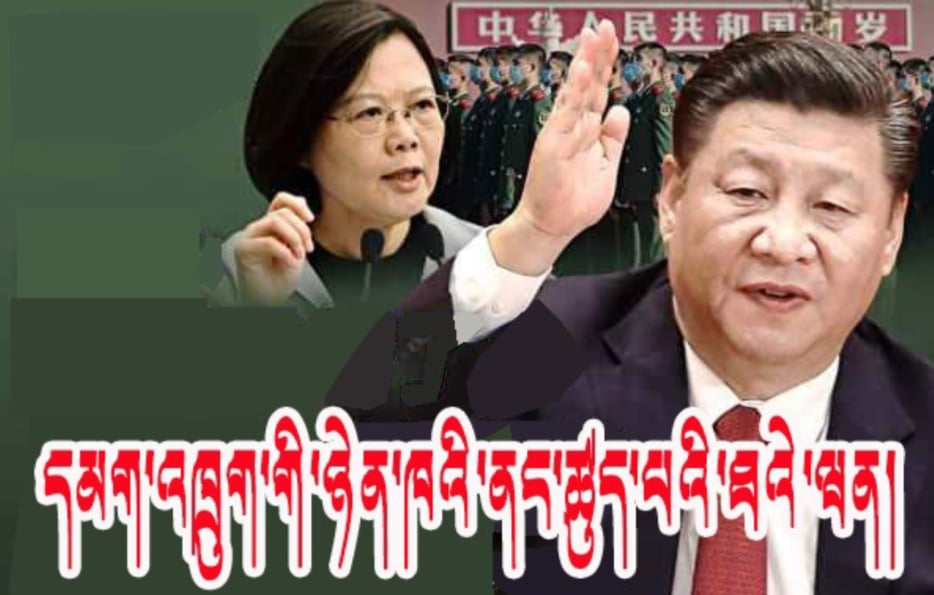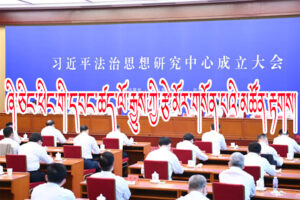China’s threat tactics against Taiwan has been increasing in recent years according to international news reports. Taiwan’s Defence Minister has stated that the tensions between China and Taiwan are at their worst in 40 years and has also reported threatening levels of aircraft in its air space. China has deployed over 150 aircraft over Taiwan’s air space since last week to threaten Taiwan for war. In response to this growing development, Taiwan’s premier Su Tseng Chang told the reporters, “Taiwan is at alert with the growing military threat from China. The international community is aware of China’s continuous engagement in military aggression, damaging regional peace, and breaking international laws. Even though the countries that have defended democracy have voiced their objections against China’s bullying tactics, China has still continued its aggression. Taiwan is continuing its fight against China to defend its freedom and democracy”.
The wave of aircraft that have been entering Taiwan’s airspace is identified as F – 16. The Chinese aircraft were responded with military jets from Taiwan’s side and warned to immediately leave from its airspace. Taiwan’s military and national security have been continuously monitoring and analyzing these threats. The spokesperson of the United States Department of State has stated in a press conference that, “our commitment to Taiwan is rock solid and it contributes, we believe, to the maintenance of peace and stability across the Taiwan strait and within the broader region as well”. He has further stated US continuous effort to deepen the ties with Taiwan. Taiwanese Defence Minister Chiu Kuo Cheng has stated, “the Chinese incursion in our airspace has caused pressure on our military, navy, and air force to prepare for war. It is also a time for us to recognize to be fully prepared, and develop our military equipment”.
In an essay published recently in the Foreign Affairs magazine, Tsai Ing Wen, President of Taiwan has written the need for understanding by other countries of the value of working with Taiwan. She has further written that if Taiwan were to fall, the consequences would be catastrophic for regional peace and the democratic alliance system. The Chinese aggressions have caused an awakening in Taiwan to develop and expand its military power. The Taiwan parliament has also recognized the need for more military expansion and power. The recent developments have raised questions about the war tactics of China against Taiwan, and what might be the international response to such developments.
Seventy years ago, Ngapoi Ngawang Jigme, head of the Tibetan delegation was in Beijing for the peace negotiations and the seventeen point agreement. Mao Zedong and other high ranking Chinese government officials were present at the event for Labour Day on 1 May 1951. The Tibetan delegations also were also made to attend the event. There were huge banners with slogans of “liberating” Tibet, Xinjiang, and Taiwan. Big balloons were attached at the top of these banners. One of the balloons were carried away by the strong winds and was unable to retrieve. Ngapo Ngawang Jigme couldn’t read Mandarin at that time and thus asked Takhla Phuntsok Tashi, a member of the Tibetan delegation who was sitting next to him for the translation of the texts written. Takhla Phuntsok Tashi then replied that it is written, “liberate Tibet, Xinjiang and Taiwan” and the balloon carried away by the wind has “liberate Taiwan” written on it. To this, Ngapoi said that it seems that it will be difficult to “liberate Taiwan”. Just like Ngapoi said, even after seventy years Taiwan has remained an independent country.
Translated from Tibetan




